#genre: historical fiction
Text
In Tokyo, sixteen-year-old Nao has decided there's only one escape from her aching loneliness and her classmates' bullying, but before she ends it all, Nao plans to document the life of her great-grandmother, a Buddhist nun who's lived more than a century. A diary is Nao's only solace—and will touch lives in a ways she can scarcely imagine.
Across the Pacific, we meet Ruth, a novelist living on a remote island who discovers a collection of artifacts washed ashore in a Hello Kitty lunchbox—possibly debris from the devastating 2011 tsunami. As the mystery of its contents unfolds, Ruth is pulled into the past, into Nao's drama and her unknown fate, and forward into her own future.
Full of Ozeki's signature humour and deeply engaged with the relationship between writer and reader, past and present, fact and fiction, quantum physics, history, and myth, A Tale for the Time Being is a brilliantly inventive, beguiling story of our shared humanity and the search for home.
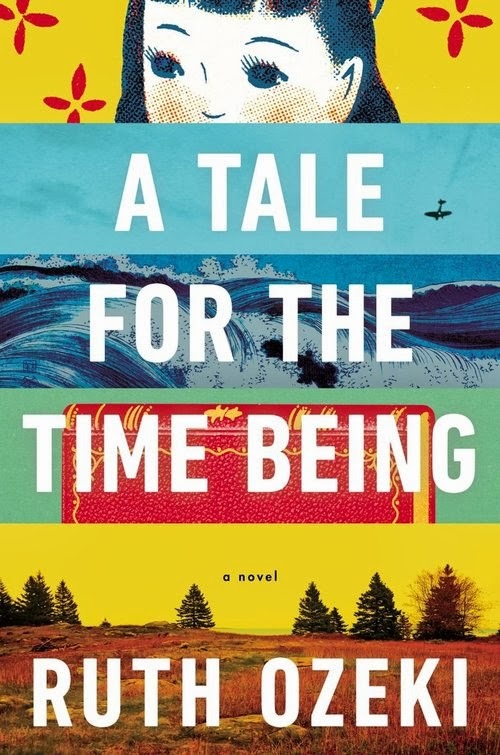
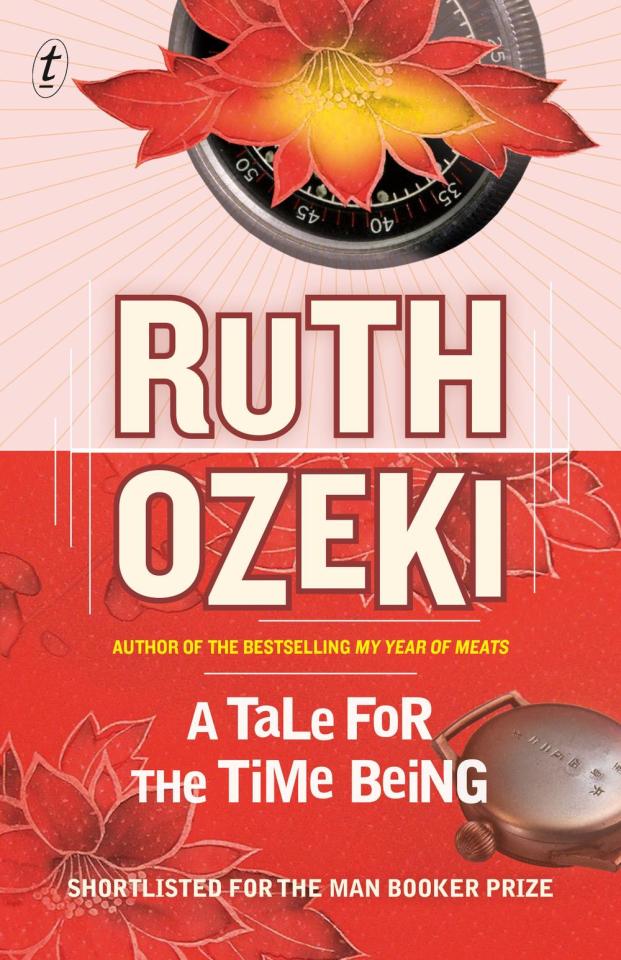
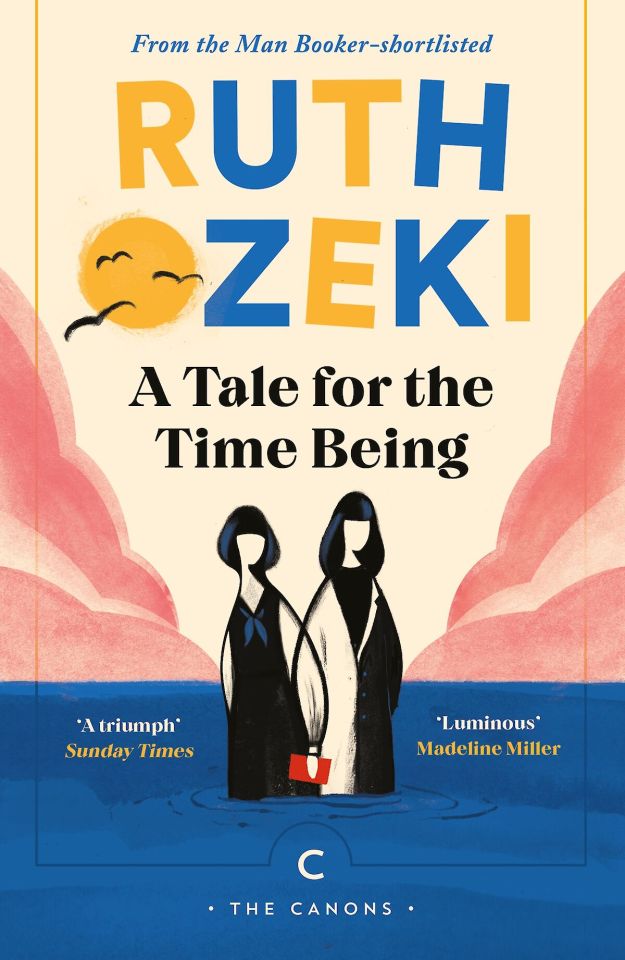
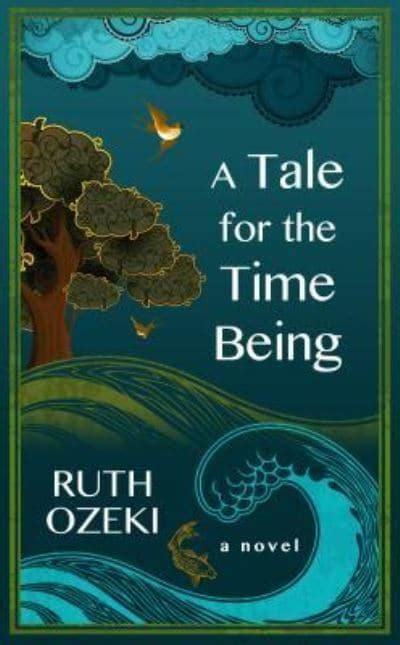
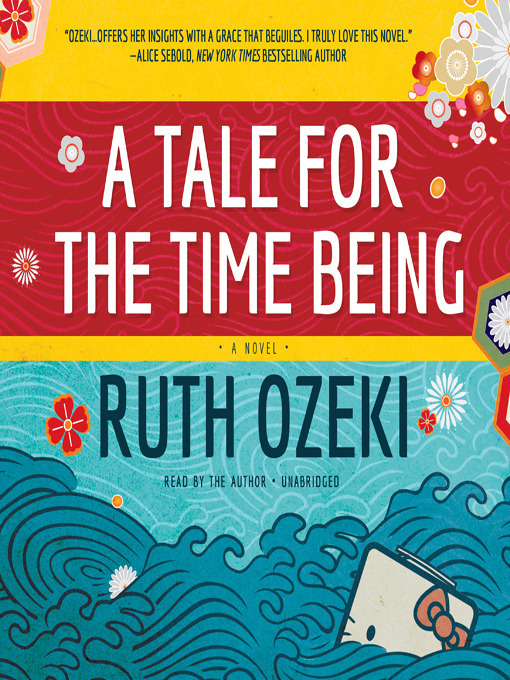
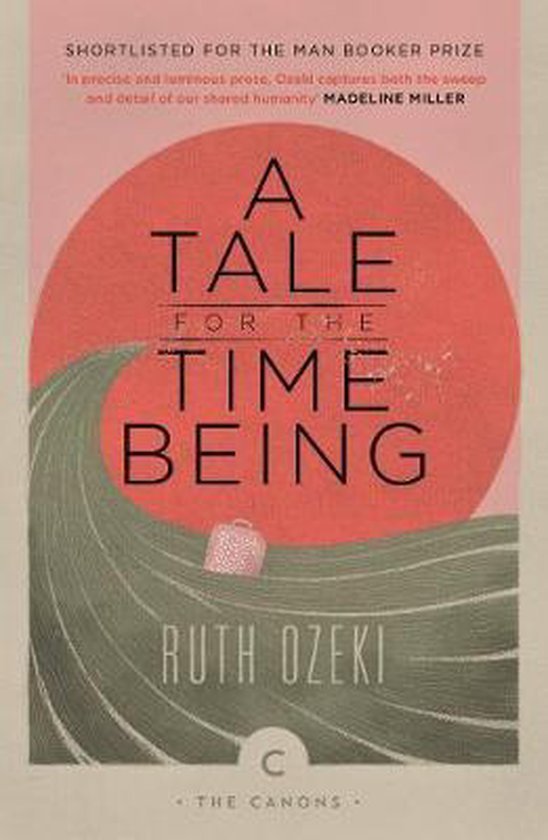
#book: a tale for the time being#author: ruth ozeki#gene: japanese literature#genre: magical realism#genre: historical fiction#genre: literary
240 notes
·
View notes
Text
Quick Question
2 notes
·
View notes
Text

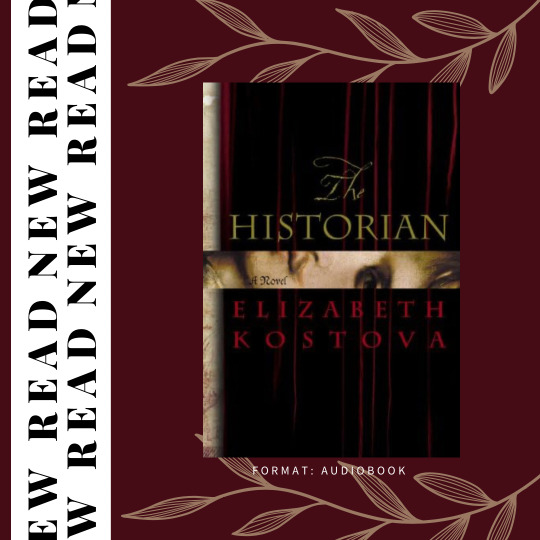
New reads! I didn’t realize I picked two vampire books until I started listening to The Historian. What are your thoughts about these books?
#booklr#books#genre: historical fiction#historical fiction#vampire#Dracula#carmilla#sheridan le fanu#the historian#elizabeth kostova
11 notes
·
View notes
Text
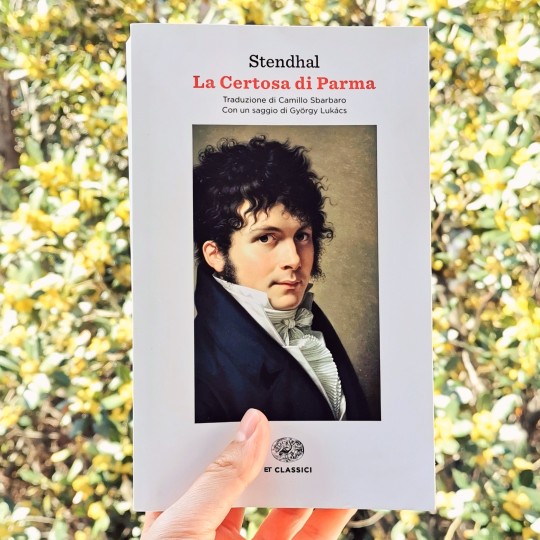
The Charterhouse of Parma | ★★★★★/5
I've read this for the Set in Italy entry of the Tackle Your Classics reading challenge, and the Historical Fiction entry of the 2023 Genre Bingo. Tagging @lizziestudieshistory because we talked about Stendhal a while back – here are my thoughts on the book, it took me less than expected to finish it!!
Few books still prove to be as entertaining for the contemporary public as they (supposedly) were for their 19th century audience – The Charterhouse of Parma is one of these books for me. I enjoyed every page, it was a fun ride. Were the protagonists all perfect examples of moral conduct? Absolutely not, especially not to modern standards. But that's not why you'd read 1830s historical fiction. Yet, I loved the incredibly strong and complex female protagonists, whose actions lured me in deeper and deeper into the story, even in scenes where the "hero", Fabrizio, was being so egotistical it was getting ridiculous. The Duchess was an especially intriguing figure, showing all the strength and willpower it took to navigate the court of an absolute monarch as a woman, and to live as a widow, before that. Clelia showed a different kind strength, made of grace and perseverance, in sheer contrast to the passionate fury of the Duchess, but equally pleasing to read. Another thing that fascinated me was, to borrow Balzac's analysis, how Stendhal "surpasses the limits of the framework of the petty court intrigues of a small principality, [and] presents the typical basic structure of modern despotism. It shows us the constant types, which are necessarily produced by that society, in their most characteristic form" (adapted from György Lukács' essay at the end of my edition); in short, I loved the subtle irony and precise considerations with which he described the complex mechanisms typical of the absolute monarchies of his time. Representing all of their intrinsic contradictions necessarily called for morally ambiguous characters. And besides, I found many of the author's remarks really funny.
#bookblr#The Charterhouse of Parma#stendhal#tackleyourclassics2023#2023 genre bingo#book recs#book review#books#book aesthetic#1800s literature#classic literature#classic books#book classics#genre: Historical Fiction#prompt: Set in Italy#light academia#reading#long reads#readblr#reader#read#reading aesthetic
12 notes
·
View notes
Text
Mistakes were made: A review of The Pillars of the Earth by Ken Follett

Rating: 30/100, DNF at pg. 300 (31%).
Summary: My very first DNF (did not finish) of the year. I regret buying this book. I paid a dollar and that was too much. I will be removing this book from my life as soon as possible. I wanted to finish this book for the prestige of saying I did it, which really wouldn't even be hard since I'm known for reading very long books very fast, but I just couldn't do it. Review contains spoilers, and also quotes from slightly rancid scenes.
Let me treat you to a few choice quotes to start off today's review of this horrid horrid book.
"What would happen if they crept up on her at night and tried to rape her? he wondered, and his loins stirred at the thought, although he had never taken a woman against his will, not even his own wife."
This is on page 39, and from the main character, Tom, who we're supposed to sympathize with.
I'm not going to quote the whole thing, because it's too long to type out, but then on page 67 there is an explicit birth scene, complete with descriptions such as: "The opening stretched wider- impossibly wide-and then the head began to come through" and "Agnes's opening immediately started to close around the pulsing blue cord that came from the baby's navel." Was an explicit birth scene necessary? Was it? WHY DID THIS BOOK CONTAIN AN EXPLICIT BIRTH SCENE?
On page 81, the woman that Tom thinks about raping professes her love for him, not even a day after his wife died (during the previously referenced graphic birth scene).
On page 178, well, let me just show you the picture I took of the full page.

Because I am a madwoman, this scene wasn't the final straw.
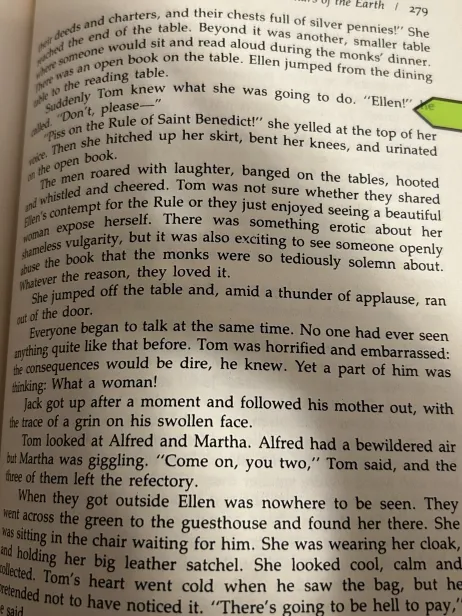
This scene was.
Plot: There are actually some relatively decent plot elements contained within the first 300 pages. I will state that it's extremely slow (there's a lot of Tom's family walking around in the woods near starvation that isn't super necessary) but there actually is something worth having: Phillip, the monk main character, does some monk politics stuff that was pretty fun and saved me from DNFing at page 100 from sheer boredom.
Characters: The writer is extremely heavy-handed in his characterization of his main antagonist. His main method of making it clear that he's a Real Bad Dude is by having him fantasize about raping just about every woman he sees. It's extremely uncreative. There are ways to tell the reader "hey this guy is a bad guy" without having him fantasize about raping someone in every single one of his point of view sections.
Additionally, the writer insists that Tom, the main character, is a good honest man, but there are several scenes where Tom doesn't act like one at all. One of them is quoted above, but he also lets his son get away with constant bullying to his new woman's son and his own daughter. He also dragged his wife and kids all across the country putting them at risk of starvation and the dangers of travel all because he refused to take a stable job because he wanted to chase his dreams of working on a cathedral.
Prose Quality: Not good at all. The writing is not great quality. The architectural segments (because yes this book contains long sections full of architectural details about cathedrals) were slightly better than the vast majority of the prose, but still not great. It was very simply written, and I went into reading it expecting it to be pretentious, so I was SORELY disappointed.
Worldbuilding/Historical Accuracy: I have no idea how historically accurate this book is, but the medieval vibes are kind of fun and worth a couple of points... except for the fact that the story often refers to women as having "hot bodies" which is almost certainly anachronistic as fuck.
Action Sequences: The scene where Jack decides to burn the cathedral and then carries the plan out should have been a fun action scene, but it was just boring to me. I'd have to reread it to figure out why it didn't work for me, but I'm not going to do that to myself.
Romance: ""I love you," she said fiercely. "I loved you from the moment I saw you. I always wanted a man who would be strong and gentle, and I thought there was no such thing. Then I saw you. I wanted you. But I could see you loved your wife. My God, how I envied her. I'm sorry she died, truly sorry, because I can see the grief in your eyes, and all the tears waiting to be shed, and it breaks my heart to see you so sad. But now that she's gone, I want you for myself."" (pg. 81). Awful no good very bad evil hatred and loathing forever.
Female Characters: Please God let my next book contain just one good female character. Just one. I don't ask for much.
Gay?: A side character is referred to several times as effeminate, if that counts. (It doesn't)
Was It Worth It?: I paid too much for this book. Yes, I only paid a dollar.
Final Verdict: I should have left it at Goodwill.
Review Word Count: 870
#Void's 2024 reads#book review#genre: historical fiction#DNFed#author: Ken Follett#The Pillars of the Earth#publication year: 1989#score range: 30s
2 notes
·
View notes
Text
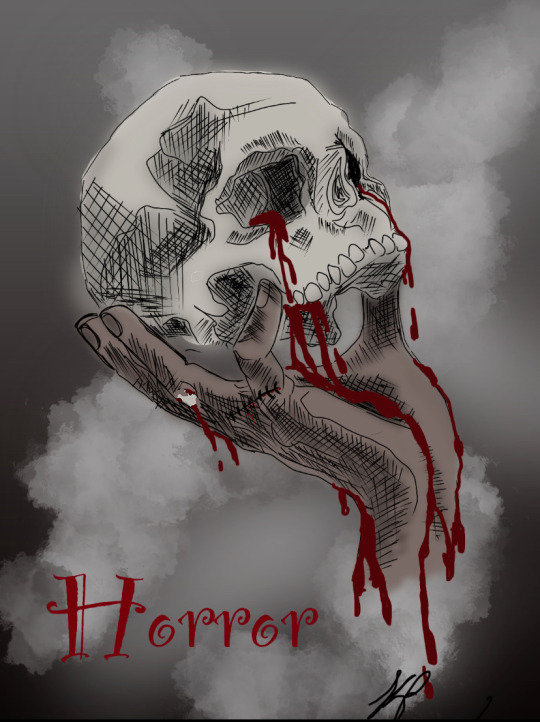
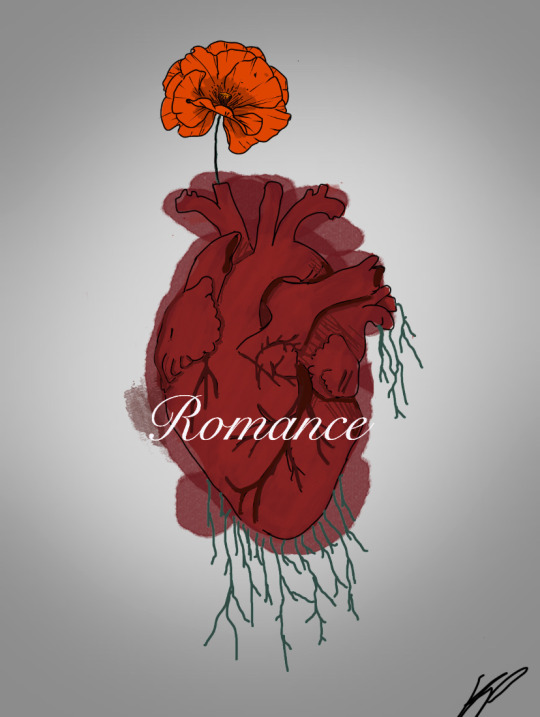
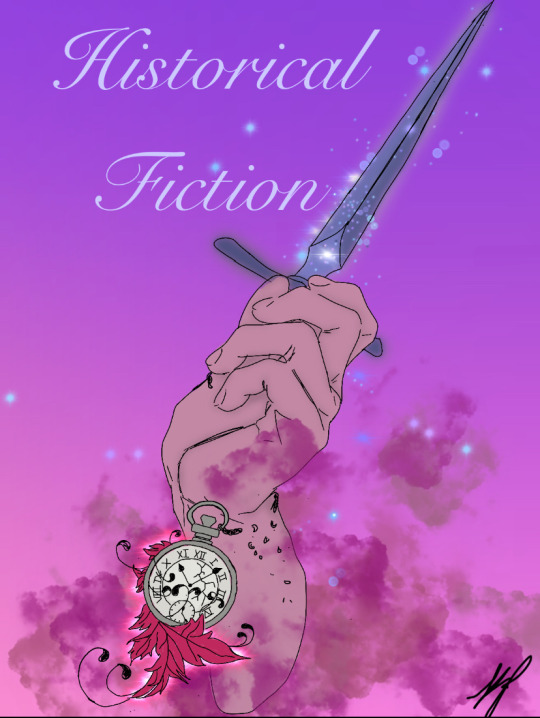
I was commissioned by my school library to do genre label designs! These are the three I have done so far. I’ve still got Classics, Mystery, Drama, and Fantasy.
#artwork#my art#artists on tumblr#art business#digital art#literature#genre: romance#genre: historical fiction#genre: horror
0 notes
Photo
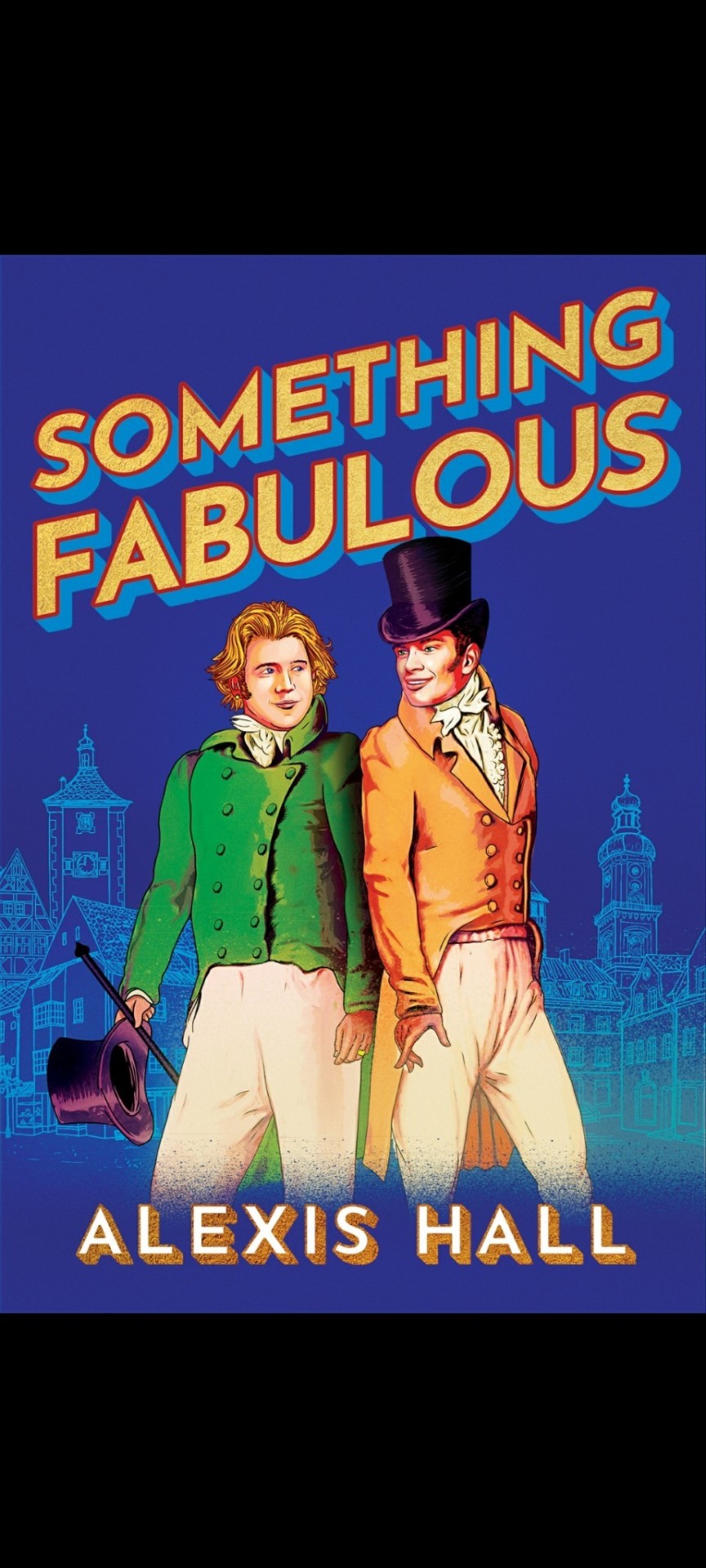
So I definitely have made a few small jokes at the expense of A Lady and a Duke’s cover art. However, I am getting very Eric Barone / Concerned Ape vibes from this Something Fabulous’ art. It’s so wild how drastically different Alexis Hall’s Book covers are. No consistency for the win, apparently.
If I wasn’t using his website as a guide I would have considered them to be two authors that use the same publishing name. Which does happen and can be awkward for everyone involved.
Also yes. I know. This is something that is entirely out of the author’s control as publishing companies usually pick and choose this stuff. However, I am annotating it here because I might revisit this thought later in life. And I just get a kick out of what the heck is going on with some of them.
[This one was Montlake publishing while Duke is Hachette Books. So yes different publishers.]
About the work itself: *insert keysmashing, slightly stereotypical word vomit, happy emoticons, and “it’s very good” all in a mushy gush right here.* Now that I’ve gotten that out of the way.
I like this book because it explores the typical but not so typical aspects of romance. I was exuberantly pleased with the overall pacing, tone, and the characters of the book. If you like Victorian Era sort of Jane Austen romance vibes, this is the book for you. This is also one of the rare times I am not going to mention much about the plot because I’d rather not spoil it for you.
Uh. Overall Score is a 4.5 out of 5 though!
#Alexis Hall#something fabulous#taglinemode#yep I read the ebook#thegays#boyscanloveboys#george victoria and edward#genre: romance#genre: historical fiction#humorous#drace please finish tagging this later#queer authors club
0 notes
Text
Why the "Regency Era" is a fantasy realm
I've seen some interesting discussions back and forth about making historical fiction and particularly historical romance more inclusive, and I do think that there's some merit to the argument that merely inserting BIPOC as part of the ruling class erases many of the historic struggles people went through in terms of both class and race.
However, there's something that people don't seem to realize when it comes to the Regency Era: it's a fantasy realm that was primarily created by a single author.
Just as J.R.R. Tolkien published his Lord of the Rings books and created a world that would loom over the fantasy genre for decades to come, Georgette Heyer created the Regency Era in a way that I think people looking at the romance genre from the outside don't really understand.
Heyer wrote several historical romances and mystery novels prior to 1935, but it was with Regency Buck that she introduced her version of the Regency Era, a version that has actually been far more influential in popular culture than that of Jane Austen. (Most of the Austen adaptations pull more from Heyer than people realize, especially in terms of manners.) Heyer's world is all polite society heroes with a stiff upper lip and perhaps a tinge of rakishness, spirited yet virginal heroines, and a cast of supporting characters that range from younger brothers to elderly aunts.
There are very few hints that anyone outside the aristocracy is of any consequence, or even knows how to behave themselves, even when the middle-class daughter of a rich "Cit" marries an impoverished aristocrat in A Civil Contract. Sex exists, but only behind firmly closed doors and, for the heroines, only after marriage.
And what about the minorities that we know lived in Great Britain during the Regency Era? Not just the racial minorities that included Black citizens and former slaves as well as Indian immigrants, but also religious minorities? They pretty much don't exist in Heyer's world, apart from a few anti-Semitic stereotypes of rapacious Jewish moneylenders that make modern readers cringe when they stumble across an unbowdlerized edition. There are a few jokes and whispers about "unmanly" men, but that's about it for LGBTQIA+ representation as well.
Given what we now know about the Regency Era -- and we know a lot more than Heyer did when she was writing almost a hundred years ago -- we know that her view of Regency society was as artificial as Tolkien's world. Despite her use of historical sources, her romance novels are set in a fantasy world that melds the fashions and historical events of the Regency with the Victorian morals and mores that Heyer herself was raised with. The Regency Era was the late Georgian Era and was far more vulgar and free-wheeling than Heyer was willing to admit. She left out the people who didn't fit into her vision of the Regency, which showed an Anglo-Saxon ruling class that deserved to rule because of their natural superiority.
So my opinion about TV shows and films like Bridgerton and Mr. Malcolm's List that show an inclusive aristocracy in the Regency Era is ... well, it's all fantasy anyway, isn't it? Why not make the fantasy inclusive since the whole era is Heyer's illusion dressed up with a few historical details?
And if you want to try and argue that Heyer was historically accurate about everything, be prepared: I have sources that Heyer either ignored or did not have available to her. Look up Benjamin Silliman's 1803 journal of his trip to Great Britain sometime.
#mr malcolm’s list#historical romance#regency romance#historical romantic fiction#romance genre#diverse romance#bridgerton#georgette heyer
1K notes
·
View notes
Text
so i just finished blue eye samurai and, first off, that was utterly excellent
but also, with that ending. fowler's age makes it clear that this is probably set in the 1640s-1650s, which is a very specific period in english history.
as in, it's during the civil war and long parliament. the restoration of the monarchy happened in 1660, although things eased up after cromwell's death in 1658.
so either fowler and mizu arrive in 1640, during the lead-up to the civil war, or between 1641 and 1649, during an active civil war, or between 1649 and 1660, when you've got the notoriously repressive puritans in power. the puritans, as led by cromwell, also slaughtered their way through ireland, which would make me very curious to see fowler's reaction if they're going to touch on that
like. they're probably not going to use real historical figures given that they created a fictional character for the shogun, but it's a uniquely tense period of english history and given the four men's entire deal is warfare, drugs, and prostitution/slavery, it seems like the perfect period to explore.
#blue eye samurai#bes#bes spoilers#as i understand it's decently common for japanese samurai media to use fictional characters instead of historical ppl#but it's going to be interesting to see how they deal w that in england bc that's not the norm for english historical fiction#and we don't really have an equivalent genre to samurai-ronin/cowboy fiction in that way#unless you count like. robin hood. which i wouldn't lol
41 notes
·
View notes
Text
do y'all know the what the agonies of 'sounds like a historical cdrama character' in real life is like bc.
Okay my problem is that whilst I come from a very normal diaspora family where my parents speak normal (mildly dialect heavy) Chinese--
I live by myself in an English Speaking Country so I don't really use the Chinese all THAT often except when like, phoning my parents. And notably. Watching historical cdramas.
You can see where this is going.
One of the major things about being Chinese-American here at the university where I'm at is that people will not automatically assume you're Chinese-American if you look Chinese. No. They're going to assume you're an international student here for your PhD.
Even though I dress like pretty much any mid-twenties American who lives in this area in terms of brands etc people are more likely to assume that I've been in the country so long that I've gone native lmao lolsob.
This culminated today when I was talking to a very nice professor about [redacted science PhD related thing] and he stared at me for a very long time and went "You said your parents are from Wuhan?" as though he'd met a cdrama actor cosplaying a space alien.
Me: 😭I'm sorry I uh, don't exactly use Chinese very often in my daily life.
Him: But your Chinese is very good! Do you do watch tv? Have you seen Zhenhuan Zhuan?
guys I was slain. killed. lying here deceased. DONT LOOK AT ME IM IN THE AGONIES.
#I don't even know what to say lmao#like I don't sound actually HISTORICAL is the thing#I sound like an actor playing a historical character in the genre of cdrama historicals#I sound like I walked out of a xianxia/wuxia/historical fiction set#you may imagine how confused this prof was by the space alien in his lab#wailing crying sobbing
21 notes
·
View notes
Text
the trouble with learning a minority language is that once you've hit the upper-intermediate stage of actually reading books in the language and so on, it doesn't take very long to exhaust the books at your level that you have any interest in whatsoever, and then there aren't any more. so you read the ones you're not really interested in, but that feels like Work, because you're not really interested in them. but it doesn't exactly get better as you get more advanced because even the more difficult books tend not to correspond too closely to your preferred genres
#there's a serious lack of queer historical romance as gaeilge i'll tell you that#or yunno queer genre fiction in general :/#RIP#i haven't completely exhausted my book collection but the number of unread books is shrinking#and most of the others available at my reading level are translations#which a) i tend to find have harder language relative to the level of the story#and b) don't feel as helpful in learning the rhythms of storytelling in the languages#i will read them but i want more original fiction to read too#probs gonna have to email an siopa leabhar and be like. help me. i need you to send me more books#personal#néide ag foghlaim gaeilge#i'm pretty sure that tag is grammatically incorrect but blame me from three years agp
39 notes
·
View notes
Text
The Pulitzer Prize-winning Maus tells the story of Vladek Spiegelman, a Jewish survivor of Hitler’s Europe, and his son, a cartoonist coming to terms with his father’s story. Maus approaches the unspeakable through the diminutive. Its form, the cartoon (the Nazis are cats, the Jews mice), shocks us out of any lingering sense of familiarity and succeeds in “drawing us closer to the bleak heart of the Holocaust” (The New York Times).
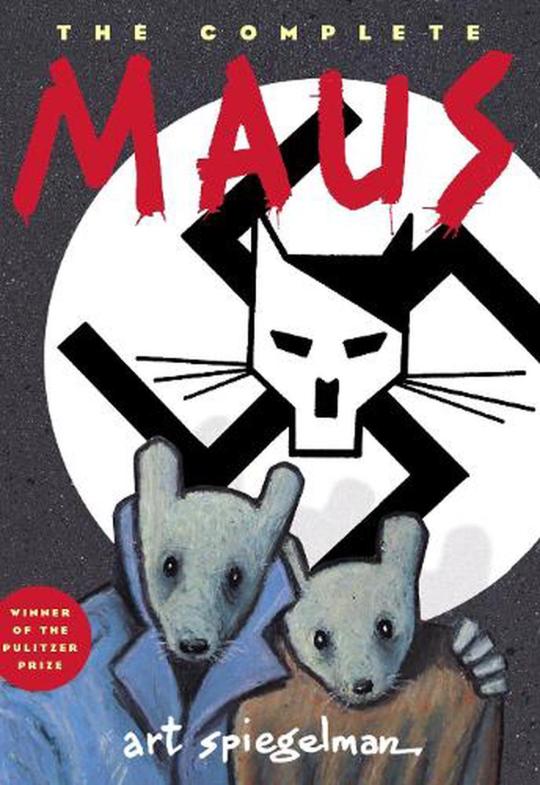

99 notes
·
View notes
Text
If you aren't reading KJ Charles's books I sincerely do not know what you're doing with your life.
#kj charles#the first sins of the cities book is still the only dud in her whole body of work#well as much as i've gotten through anyway#i've finished:#the society of gentlemen#the charm of magpies#(lord lucien crane should be the breakout character of a much bigger and deeper franchise. i fucking love him)#the lillywhite boys#(holy plot twists batman! DELICIOUS! SO CLEVER!)#i've also finished#an unnatural vice#which was awesome#and now halfway through#an unsuitable heir#also goddamn engrossing#next onto the will darling adventures and the art of fortune hunting series#i think she might be better than alexis hall but honestly they're too different to compare#except for his one attempt at historical romance which was absolute cringe#i just think that if you're going to write a historical romance for trans people you should actually care about the genre first#kj charles's prequel novella to the lillywhite boys was soo much better historical trans rep#and asexual rep too#i wonder whether she's written anything else trans-centric#she should because her trans side characters are so well done#so are her queer characters of colour. so unself-conscious#historical romance#queer fiction#book recs#book recommendations#knee of huss#mlm romance
13 notes
·
View notes
Text
my (very nice and cool aside from the story) professor today asked us, as an introduction to the next thing on syllabus, what our names were (it's very few of us there) and what we like in this life.
when my turn came, i told her i liked reading. she asked: "oh, that's great! what kind of books? do you like the mystery genre?", to which i replied: "not much, to be honest, haha; i actually prefer romance novels and historical fiction."
WHAT was i SUPPOSED to admit right there? that the gayer and more diverse in general the book the better? that i have read rwrb five-six times by now and every time i read dear thisbe, i wish there weren't a wall. love, pyramus, my throat feels tight all of the sudden? that i cry over poetry and i was one of the only people that read the iliad for fun after the school year ended when i was fourteen and get chills when consuming queer and poc history non-fiction books, or that i recommend books that shatter my heart and rip it right out of my chest with their bare, cold, bloody hands? hm?
(anyway, despite this fun fact thing combined with my social anxiety, she is actually such a wonderful professor, fucking finally if you ask me)
#thank god we were not many people in this classroom it was stressful lol#i am not going to say what the subject was for privacy reasons#university shenanigans#red white and royal blue#rwrb#books#the iliad#historical fiction#poetry#romance genre#also for a person who consumes so many historical facts or words that lead to facts through books and documentaries every day#i for sure remember shit#and i am actually truly ashamed of that#i could be a history nerd#but instead chose to be this and let school destroy my love for history forever lol#anyway#i hope it is not forever
23 notes
·
View notes
Text
Sylvia Baumgarten (aka Sylvia Halliday, Louisa Rawlings and Ena Halliday), 1933-2024

My friend Sylvia Baumgarten died on the morning of February 1rst. Our friendship began in the 1990s, when I wrote her a fan letter about one of her early Harlequin historicals, Wicked Stranger, and she wrote back a long type-written letter about her influences and research and sent me a copy of Stranger in My Arms as well. I interviewed her for my old blog in 2011-- sadly, that interview has been lost. But we also met in 2016 for dinner, and she sent me her collection of books about the French Revolution. She was a great talent, as well as witty, opinionated and immensely generous. I will miss her very much.
She graduated from Brown University in 1955, and from 1982 to 2015 wrote for a variety of publishers, including Pocket Books, Kensington Publishing Corp., Harlequin, and Diversion Books. She was also a President of the Romance Writers of America/ New York City Chapter, and her books were nominated for multiple awards. Forever Wild was a finalist for the RWA/Golden Medallion award, Best Historical Romance (1986). Stolen Spring (which I reviewed for Dear Author) received a Romantic Times nomination as Best French Historical (1988), while Promise of Summer [archive.org link] received the Romantic Times Reviewer's Choice Award as the Best Historical Romance set in France (1989). Wicked Stranger had also been nominated for a Rita Award by the Romance Writers of America.
Baumgarten's papers are available in the Manuscripts Division of Brown University, and include press kits, book reviews, news clippings, public relations material (including photographs), interviews, correspondence about her books, and the manuscripts of Stolen Spring and Dreams So Fleeting.
She also blogged extensively about her observations and experiences selling wedding dresses at Macy's in New York.
#sylvia halliday#louisa rawlings#ena halliday#obituary post#historical romance#romancelandia#romance fiction#romance genre
12 notes
·
View notes
Text
#poll blog#random polls#silly polls#stupid polls#silly poll#polls#tumblr polls#poll#art poll#history poll#reading poll#book poll#podcasts#tv polls#book genres#books#bookblr#movie polls#film poll#true crime#historical fiction#writer polls#tv series#entertainment#books and reading#currently reading#pick one#this or that#would you rather#book nerd
8 notes
·
View notes